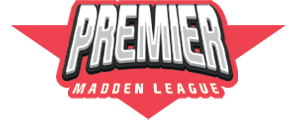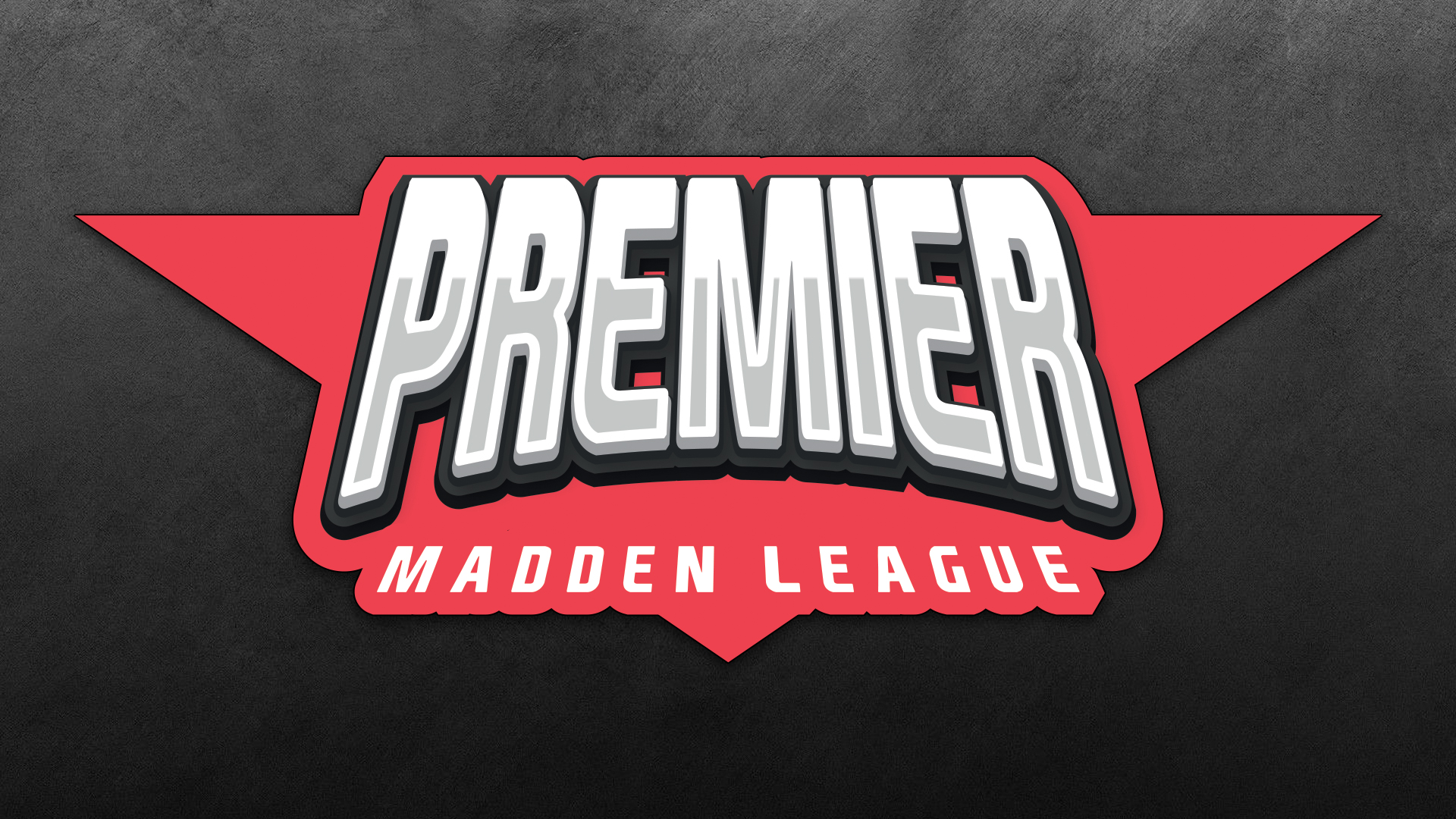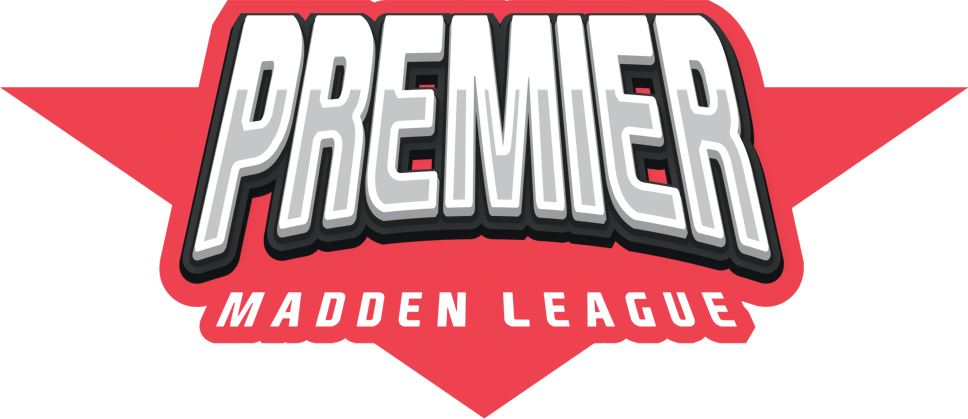Inglewood, CA — Following a tough Week 6 loss to the Denver Broncos, the Los Angeles Chargers wasted no time retooling their roster in an effort to bolster their depth and explore new possibilities. In a series of moves that reflect both a shift toward youth and strategic adjustments, the Chargers made four significant roster changes, aiming to inject fresh energy into their squad. Here’s a breakdown of the moves and the storylines that are emerging as a result.
Easton Stick Released: The End of a Quiet Era
After spending his entire NFL career with the Chargers, quarterback Easton Stick was released following Week 6. Stick, who entered the league in 2019 as a fifth-round draft pick, never truly carved out a meaningful role in the Chargers’ offense. Despite his longevity on the roster, Stick’s role had diminished over time, falling from backup to third-string quarterback behind Justin Herbert and the more established veteran backup, Taylor Heinicke.
Though he saw limited action during his time in Los Angeles, Stick’s inability to make an impact in either preseason or regular season snaps made this move inevitable. The 27-year-old quarterback’s departure clears a spot on the roster, but perhaps more significantly, signals that the Chargers are looking beyond their long-time developmental project.
In the post-release statement, head coach Jay Cee said, “Easton’s been a solid presence in the quarterback room, but we need to make moves that position us for success going forward. It was a tough decision, but it opens up opportunities for other areas of need.”
Stick was a prospect that seemed like he could develop into something with his mix of speed and arm talent, but seemingly was destined to only be a backup as he looked like a deer in headlights in any action he got.
Veteran LB Denzel Perryman Released: End of a Leadership Chapter
Another notable departure was linebacker Denzel Perryman, who was cut after signing a one-year veteran deal this past offseason. Perryman, 31, was brought in largely for his leadership and experience, expected to help mentor the Chargers’ young linebacking corps. However, his on-field contributions had been minimal, with his role confined to special teams rather than seeing any action on defense.
While Perryman’s mentorship was valued throughout training camp and the early part of the season, the Chargers opted to move in a different direction. The move clears the way for 26-year-old linebacker Nick Neimann, who is returning from injury and expected to step into the void left by Perryman. Neimann’s return from the injured reserve offers an athletic and younger option, and with his contract expiring at the end of the season, Los Angeles will be looking to assess his potential for long-term retention.
The move was not without financial cost, as most of Perryman’s one-year, $2 million deal was guaranteed. However, the Chargers clearly felt that the roster spot and future flexibility outweighed the financial implications. Neimann, who impressed with his athleticism and versatility prior to his injury, is now positioned for an extended look, both on special teams and potentially in the linebacker rotation.
“Nick’s worked hard to get back,” Jay Cee said. “He’s younger, faster, and gives us something we need right now. With Denzel, we just felt we’d seen what we needed, and it was time to make a move.”
Rudy Ford Joins the Safety Room: A Move for Depth and Competition
While the quarterback position remained untouched after Stick’s departure, the Chargers chose to add to their defensive backfield by signing safety Rudy Ford. At 29, Ford brings depth and versatility to a safety room that now features an interesting mix of talents, including Kristian Fulton, Elijah Molden, and Ford himself.
Ford’s skill set complements the existing safeties, offering a specialization in deep safety coverage and run support. He’s also known for his zone coverage abilities and strong tackling, which could give the Chargers more flexibility in situational defenses. Ford enters a competitive room where playing time will be determined by performance, with all three backup safeties—Ford, Fulton, and Molden—on expiring contracts.
While Fulton and Molden have struggled to separate themselves, Ford’s arrival adds another dimension to the battle for snaps. Fulton, who excels in both man and zone coverage, has the edge in versatility, as he can also play slot or outside corner. Molden, despite being a “jack of all trades,” has struggled with consistency, and this signing appears to be a wake-up call for the former third-round pick.
All eyes will be on how this competition unfolds over the coming weeks. Ford’s presence may either push Molden to reach another gear or lead to a more permanent shift in the depth chart.
“This is about making everyone better,” GM Phillip Rivers commented when asked about the competition. “We brought in Rudy because we believe he can contribute, but also to push the group to step up. We’ve got three guys competing for snaps, and that’s exactly what we want.”
Shifting Depth in the Defensive Backfield: Fulton, Ford, and Molden on Notice
The battle for playing time among backup safeties now becomes one of the more intriguing storylines to watch for the Chargers. Kristian Fulton, Rudy Ford, and Elijah Molden are all vying for a role that could determine their future with the team. Molden, once thought to be a promising versatile piece in the Chargers’ defense, now faces heightened pressure to perform as his role continues to diminish.
Fulton, who was initially signed to provide flexibility as both a corner and safety, now finds himself in a crowded room with similar skill sets, but the edge he has in coverage abilities might secure him some stability. Ford’s addition adds a layer of competition, and his specific strengths in run support and deep coverage could carve out a niche role for him, especially with injuries and game-to-game matchups.
With all three in contract years, the Chargers’ front office will be keenly evaluating their performances, knowing that this competition could shape the safety depth for the future. Will Molden rise to the occasion, or will Ford emerge as the answer to Los Angeles’ secondary depth? With starters Derwin James Jr and Alohi Gilman under contract for next year and performing well, these three defensive backs aren’t competing for a potential starting role, but for an important third safety spot that plays in the big nickel and would be the understudy for either the free or strong safety positions if an injury were to arise.
Final Thoughts: Chargers Building Toward Future, Not Just Present
As the Chargers sit at 3-3 heading into the next stretch of their season, these roster moves reflect a blend of short-term necessity and long-term thinking. The release of Easton Stick and Denzel Perryman clears the way for new contributors like Nick Neimann and the emergence of Rudy Ford in the defensive backfield.
The Chargers are clearly eyeing a mix of development and performance, seeking to find contributors who can offer both immediate impact and future potential. As the season progresses, these moves will be scrutinized as part of a larger narrative: can the Chargers make the necessary tweaks to not just survive but thrive in one of the NFL’s toughest divisions? Time will tell if these calculated gambles will pay off, but the urgency is clear—the Chargers are moving with purpose and intent to stay competitive both now and in the years to come.


